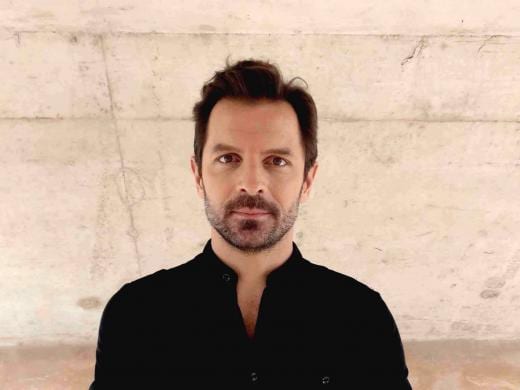
Is Interpretation a Kind of Translation? Toward A Common Theory of Turbulence
IHRIM, Lyon Maxime Rovere
December 9, 2019 · 12:00 pm—1:30 pm · 144 Louis A. Simpson Building
Program in Translation and Intercultural Communication

Maxime Rovere is the Eberhard L. Faber Short-Term Visiting Fellow in the Humanities Council and the Department of French and Italian
What kind of creativity is involved in the interpretation of a text? What does the word “creativity” mean, when it comes to making a commentary? From Lovejoy to Garber via Collingwood, Skinner and Henrich, the great theoreticians of intellectual history approach this problem by questioning the relationship between past and present. From this point of view, philosophical interpretation has an analogy with translation, since it is assumed that it is a matter of transferring a content from one codified system to another. Drawing from the theory of complexity and from David Bellos’ analysis of translation options (source vs target orientation), we will argue that it is possible to conceive a retroactive form of reflexivity, capable of overcoming the opposition between realism and constructivism, fidelity and appropriation, etc.
Maxime Rovere’s work is concerned with European Early Modern intellectual history and its methodology, and extends from there to general ethics. His recent work focuses on the collective elaboration of Spinoza’s philosophy (especially Pieter Balling, Lodewijk Meyer, Franciscus Van den Enden, and the seventeenth-century dutch intellectuals). His books include Spinoza. Méthodes pour exister (2010), Le Clan Spinoza (2017), and Que faire des cons? (2019).















